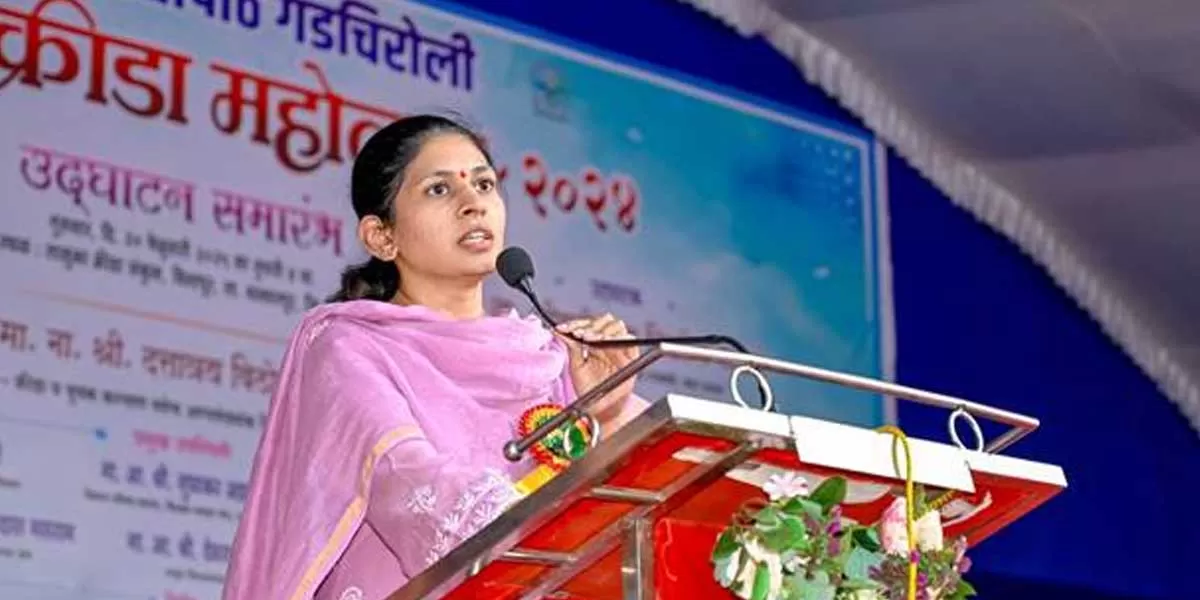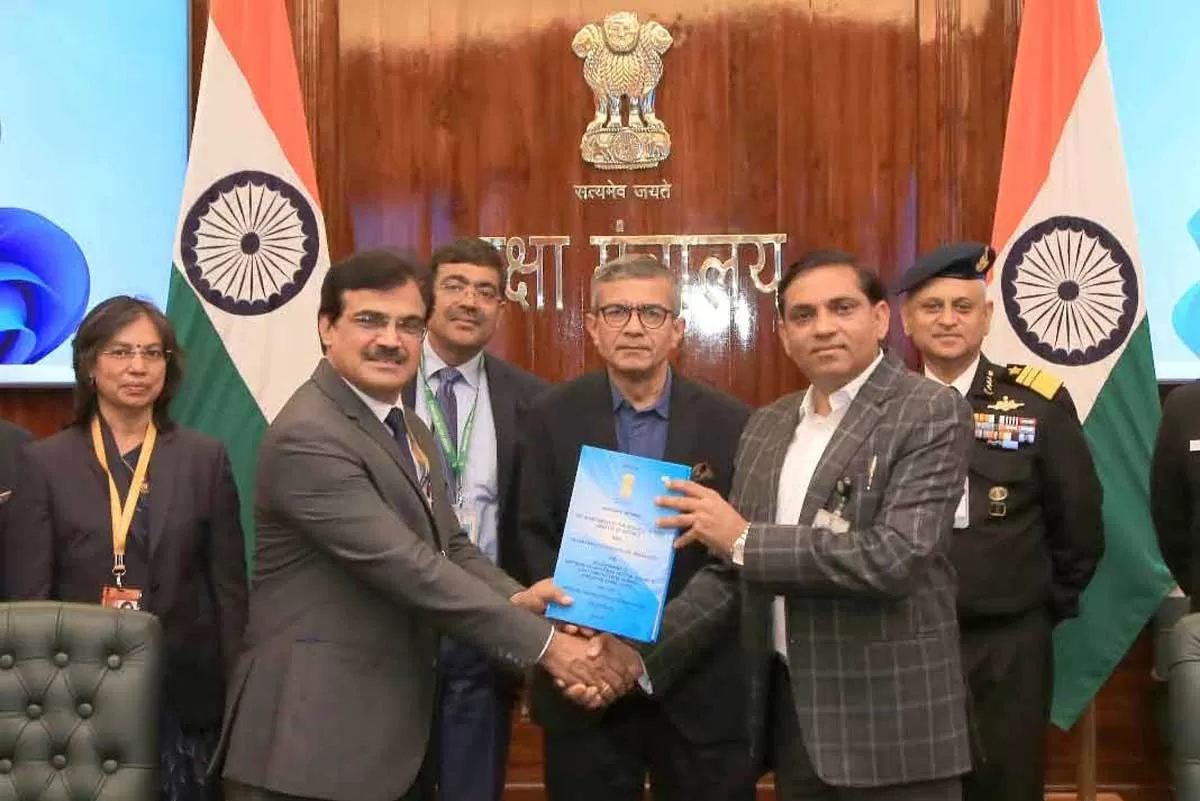
India's Wind Sector Requires Enhanced Cyber Security Measures

PM Internship Scheme Opens Round 2 Applications
The Prime Minister Internship Scheme (PMIS) has reopened for applications with the launch of Round 2 of its pilot phase. Following an overwhelming response of over six lakh applications in Round 1, the second phase offers more than one lakh internship opportunities across 730+ districts in India. Over 300 leading companies from diverse sectors, including Oil & Gas, Banking & Financial Services, Travel & Hospitality, Automotive, Metals & Mining, Manufacturing, FMCG, and more, are offering internships. This initiative aims to provide young Indians with hands-..

26th Maharashtra State Inter-University Sports Meet Inaugurated
Union Minister of State for Youth Affairs & Sports, Smt. Raksha Nikhil Khadse, along with MLA and former Maharashtra minister Sh. Sudhir Mungantiwar, inaugurated the 26th Maharashtra State Inter-University Sports Meet in Chandrapur. Hosted by Gondwana University, Gadchiroli, this marks the first time the university has organised a state-level sports festival under the aegis of the Chancellor of State Universities. Speaking at the event, Smt. Khadse highlighted the growing significance of sports as a sunrise industry offering vast career opportunities for youth. She praised Gondwan..

Defence Ministry Signs Contracts for Rough Terrain Fork Lift Trucks
The Ministry of Defence has signed contracts with ACE Limited and JCB India Limited for the procurement of 1,868 Rough Terrain Fork Lift Trucks (RTFLT) at a total cost of Rs 6.97 billion. The agreements were signed in the presence of Defence Secretary Shri R K Singh and will benefit the Indian Army, Indian Air Force, and Indian Navy. The RTFLTs are essential for logistics and combat support operations, reducing manual handling of heavy equipment and enhancing operational efficiency across the armed forces. This procurement falls under the "Buy (Indian)" category, reinforcing India's defen..














